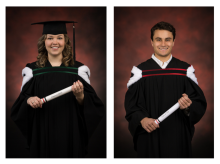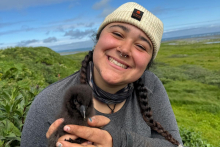Date: September 29th, 2025 | Time: 1:00 PM | Location: Macdonald Engineering Building- MD 267
Tyres keep the world moving—but at a cost. From microscopic wear particles to end-of-life waste, the environmental footprint of tyres spans their entire lifecycle. In this eye-opening seminar, Dr. Linda Mitchell, Science, Research and Innovation Manager at Tyre Stewardship Australia, will unpack the complex challenges and emerging solutions across the global tyre value chain.
🌍 What to Expect:







